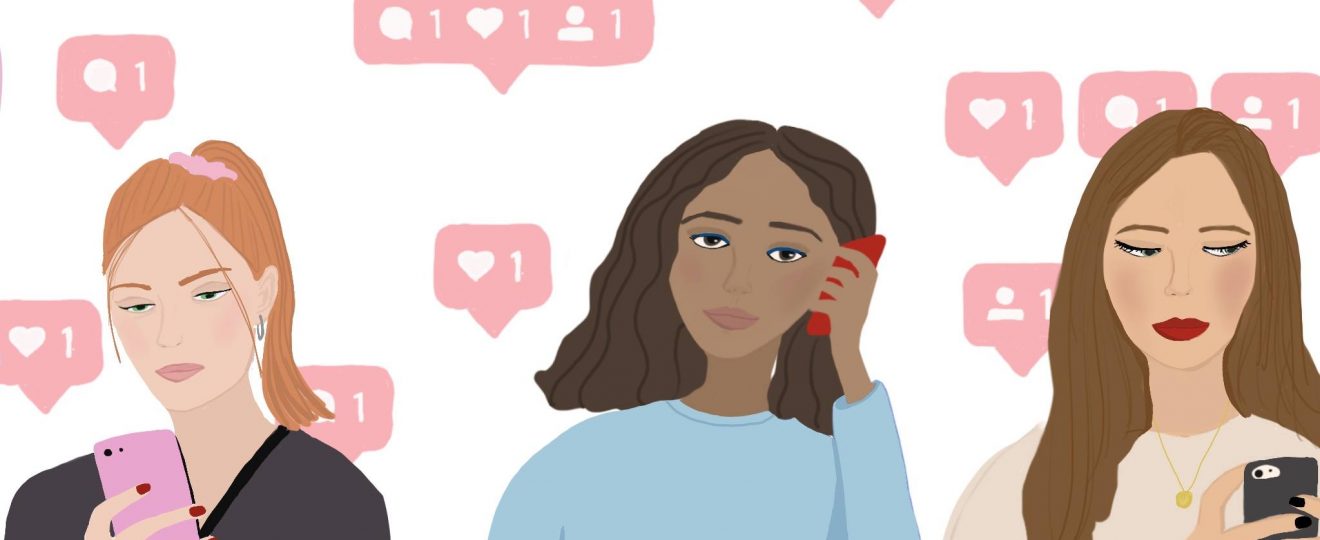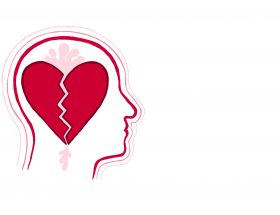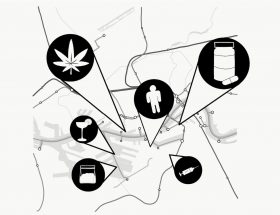The invention of the Internet in 1991 drastically transformed the entire human experience, because with it came unprecedented connection and access to knowledge.
At the click of a button, one is able to communicate with almost anyone, anywhere, and at another click, one can find practically any piece of information whenever one wants it. Life today seems impossible without the web; how would I stay in touch with loved ones? How would I make travel plans? How would I find a job or get into school? How can I survive as a normal human being in this day and age without the Internet? Realistically, of course, humans did survive just fine without the Internet; in fact, we survived just fine for hundreds of thousands of years. This is something an entire generation may not realize, for they have never known a life where the Internet is absent. Now, despite the Internet being only twenty-six years old, this generation might understandably feel as if they would not be able to function without it, even though it’s a blip in human history. As a result of this “blip,” however, life is different.
We are living in
Positive impacts of the Internet:
The Internet really is a wonderful thing. It connects society in more ways than we were ever connected before. Today, with modern technology, I am able to talk to my loved ones face-to-face (or as much as Facetime can be defined as face-to-face) when they live across the United States. In addition, when something big or important happens in the world, we can hear about it almost instantly, while humanity pre-1991 would have to wait for print media or word of the mouth, something that, depending on who they were and where they lived, could take a long time. As an example, when gold was found in California in January of 1848, the news of its discovery wasn’t actually published until August 19, which is when the actual rush to the gold began. The news of the gold rush itself wasn’t published until October of that year.
With the Internet, humans can share ideas, values, cultures, thoughts, sounds, pictures, beliefs, etc, all online, which creates perspective and allows us to become more well-rounded individuals. As an example, no one will be able to truly develop accurate political opinions if they don’t know and understand both sides of an argument, because it’s important to see why the other side says what they say. Used responsibly, the Internet can allow us to become more empathetic.
Being knowledgeable about other people’s values and beliefs is important for human beings, and the Internet has made this knowledge much more easily accessible.
Along with the spreading of knowledge and ideas, the Internet makes it far easier to prepare for adverse circumstances, such as hurricanes, earthquakes, storms, floods, power outages, etc. When a hurricane is predicted to come, scientists can warn citizens and the government can prepare the necessary resources to care for everyone, including military personnel, food and water, and suggestions of evacuation. The Internet has ultimately helped society become a more prepared one. But of course, with anything positive, come negatives too, and the Internet is definitely no exception.
Negative impacts of the Internet:
While the Internet has eased the process of spreading ideas, it has also created a culture of fear. The web shrinks the world before you, and makes every horrible thing happening in the world feel like it’s right next door. For example, according to the U.S Bureau of Justice, there are practically just as many child abductions and human trafficking cases pre- and post- Internet, yet there is heightened fear around these issues today. It is not abnormal for parents today to not let their children play outside by themselves, or walk to class by themselves, due to fear of abductions, which is due to the Internet and the spreading of the idea of child abductions, vs actual child abductions themselves. Instead of preparing their children for adulthood, parents are just sheltering them, often with crippling results. Another example: after mass shootings, gun sales spike, sparking fear and perpetuating toxic cycles. We hear about this scary information and translate that to our own lives, inserting ourselves in this me-centric age of social media, into stories that have nothing to do with us, creating unnecessary fear and precautions.
Another negative aspect that the Internet has brought to modern society is the repression of truth.
Although in some countries, the Internet can bring more truth, but in certain countries, the government will work around the Internet and use it to repress information from the people. The web brings a false sense of accurate information to certain countries because they are not aware of what is truly out there when the Internet was intended to inform, rather than suppress.
Greater access to information through the Internet also causes other problems, because we may rely on the information that the Internet has too much. For instance, a student may decide to not pay attention in class because they know that when their final examination comes around, they could just use the Internet to find all of their information, and this prohibits teaching and learning, making certain people less knowledgeable.
The Internet also has slowly created a “
The rise of the focus on celebrities due to social media and the Internet, takes a significant part in this, as the cultivation of one’s “image” is at the forefront of everybody’s screens.
And lastly, along with the Internet comes a rise in vulnerability that humans never really felt before. For example, identity theft is a far bigger problem now because of the Internet, due to easier access to people’s private information. The negatives that the Internet has given society, however, are all merely outcomes from the people, not the Internet itself. When we have a lack of knowledge on how to use the Internet, when to use it, what to communicate, and what is right and what is wrong, that is when we face problems. So do the pros outway the cons? In my opinion, yes. The Internet is not a bad thing, in fact, it is a very good thing and has helped and will continue to help society advance much further. Life will never be the same without the Internet, with it perpetuating increased human connection and access to knowledge and information, it becomes so incredibly important to our contemporary world that it is worth our celebration and our amendments of its flaws.
art by: Allegra Tenenbaum




